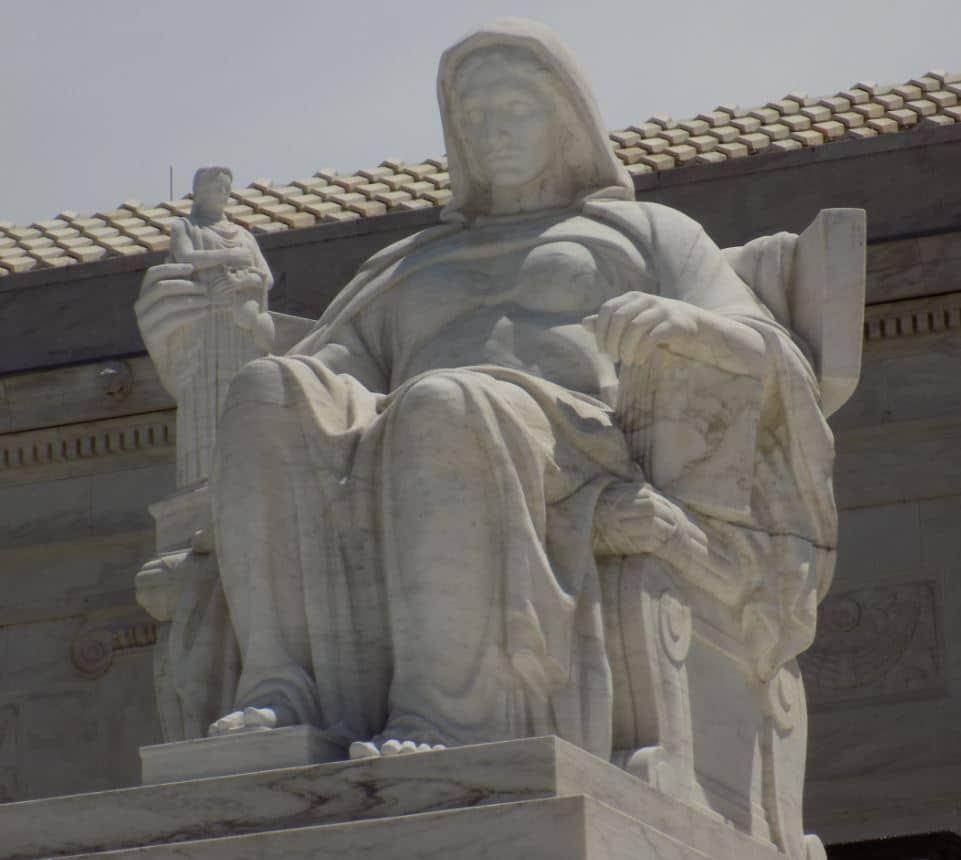Supreme Court to Hear High Profile Abortion Case in Midst of 2020 Campaign

WASHINGTON – The Supreme Court agreed Friday to decide whether Louisiana can lawfully close down abortion clinics if their doctors do not have admitting privileges at a nearby hospital.
The case does not threaten to overturn Roe v. Wade, the 1973 Supreme Court ruling that affirmed a woman’s right to terminate her pregnancy, but the court’s ruling in the case will show whether the court’s conservative majority is ready to give states more of a free hand in strictly regulating abortion.
The last time the court considered the issue, in 1992, it concluded states may regulate abortion so long as they did not put an “undue burden” on women who seek an abortion prior to the third trimester of a pregnancy.
Abortion-rights advocates contend the Louisiana law, if put into effect, would leave the state with only one doctor who may perform abortions.
It is virtually identical to one in Texas that the Supreme Court struck down in 2016, when Justice Anthony Kennedy was on the bench. Since then, President Donald Trump’s two court picks, Justices Neil Gorsuch and Brett Kavanaugh, who are seen as having shifted the court to the right.
The Supreme Court’s new term begins Monday, but arguments in the Louisiana case, formally known as Medical Services vs. Gee, won’t take place until the winter.
A decision is likely to come by the end of June, four months before the presidential election.
The court temporarily blocked the Louisiana law from taking effect in February after receiving an emergency petition from lawyers for the plaintiff clinics. Chief Justice John Roberts joined the court’s four liberal justices to put it on hold.
Kavanaugh and Gorsuch were among the four conservatives who would have allowed the law to take effect.
While the justices are not bound to their earlier positions, court observers say they could suggest the ultimate outcome in the case. If so, that will again make Roberts something of a wild card.
Last winter, he sided with the liberals on the court despite a history of appearing to want to curtail abortion rights.
At the time it was suggested he voted to block the Louisiana law for any one of three reasons.
The first is that with Kennedy’s retirement Roberts now sees himself in the new role of “swing justice.” It was also suggested he moved out of concerns about the court being perceived as a partisan institution.
Finally, another school of thought is that he acted merely out of a respect for precedent.
Louisiana abortion providers and a district judge who initially heard the case said one or maybe two of the state’s three abortion clinics would have to close under the new law. There would be at most two doctors who could meet its requirements, they said.
But the appeals court in New Orleans rejected those claims, doubting that any clinics would have to close and saying the doctors had not tried hard enough to establish relationships with local hospitals.
In January, the full appeals court voted 9-6 not to get involved in the case, setting up the Supreme Court appeal.
Also added to the court’s docket on Friday were an appeal from the Trump administration in which the justices will decide whether a law that prohibits people from encouraging authorized immigration violates the constitutional right to free speech, and whether the 4th Circuit erred when it invalidated U.S. Forest Service authorization of an Atlantic Coast gas pipeline.
























